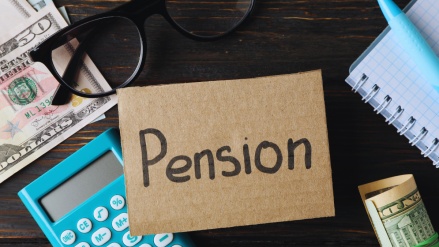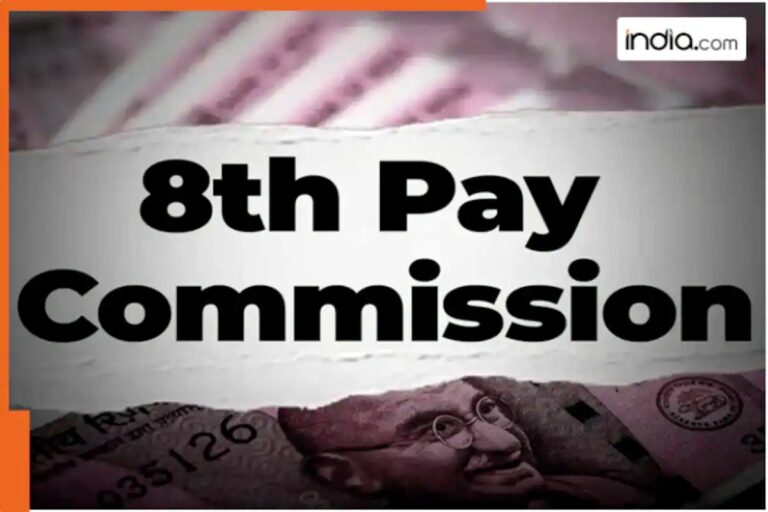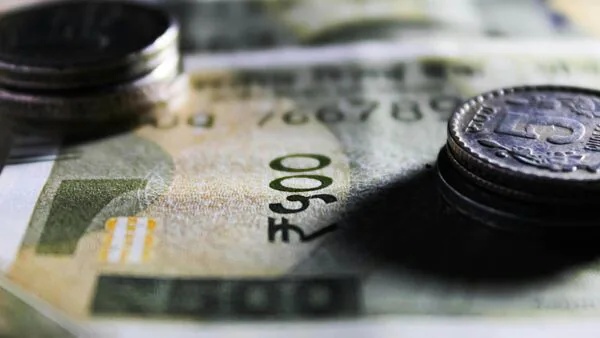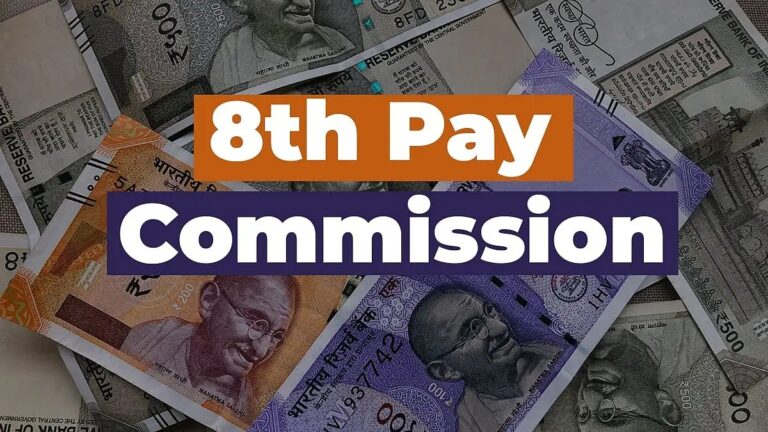
DA Arrears and the 8th Pay Commission: A New Hope for Government Employees
Central government employees are facing a critical juncture as pending Dearness Allowance (DA) and Dearness Relief (DR) arrears from 2020-2021 remain unresolved. This financial shortfall, stemming from pandemic-related economic constraints, has sparked renewed hope with the recent approval of the 8th Pay Commission. While the government has not yet committed to clearing the 18-month backlog, the commission’s upcoming reforms could potentially address this long-standing issue. Employees are now closely monitoring developments, as the outcome could significantly impact their income and financial stability. The situation highlights the complex interplay between fiscal responsibility and employee welfare, with the government balancing immediate economic pressures against long-term commitments to public sector workers.
The Pandemic’s Impact on DA Payments
The DA arrears crisis originated during the unprecedented economic strain of the COVID-19 pandemic. From January 2020 to June 2021, three installments of DA and DR were suspended to allocate resources toward pandemic response measures, including healthcare and relief programs. This decision, while necessary at the time, left millions of central government employees without the annual increments they had come to expect. Despite the resumption of DA hikes in July 2021, the arrears for the 18-month period have remained unpaid. Employees argue that the delay has eroded their purchasing power and created financial uncertainty, particularly for those reliant on regular income to meet daily expenses.
Government’s Stance on Arrears Resolution
Despite persistent demands from employee unions, the government has maintained that resolving the DA arrears is financially impractical. Officials emphasize that pandemic-related expenditures, including medical infrastructure, unemployment relief, and social welfare schemes, consumed a significant portion of the budget during the crisis. This has left limited funds available for back payments, according to government statements. However, critics argue that the suspension of DA was a temporary measure that should not have been extended for 18 months. They contend that the government’s prioritization of public welfare programs over employee compensation has created a moral and financial dilemma that requires urgent attention.
8th Pay Commission as a Potential Solution
The formation of the 8th Pay Commission, set to implement changes from January 1, 2026, has reignited hopes among employees that their DA arrears might be addressed. The commission’s mandate to overhaul salary structures, allowances, and pensions could provide a framework for resolving the backlog. Unions are advocating for a lump-sum or installment-based settlement of the arrears, arguing that this would align with the commission’s goal of improving financial equity. While the government has not yet confirmed this possibility, the commission’s recommendations could serve as a catalyst for resolving the issue. Employees are now looking to the commission’s findings as a potential turning point in their financial journey.
Looking Ahead: Uncertainty and Anticipation
As the 8th Pay Commission prepares to unveil its recommendations, central government employees and pensioners remain in a state of anticipation. The resolution of DA arrears could not only provide immediate financial relief but also set a precedent for addressing similar issues in the future. However, the government’s stance on fiscal constraints suggests that any resolution will require careful negotiation. The outcome of this process will have far-reaching implications for public sector workers, shaping their financial security and morale. With the commission’s findings expected to influence salary structures for years to come, the resolution of this arrears issue will be a critical test of the government’s commitment to employee welfare.




